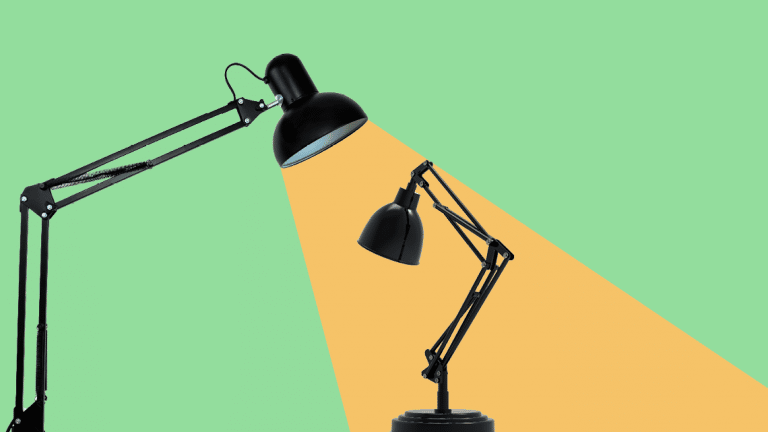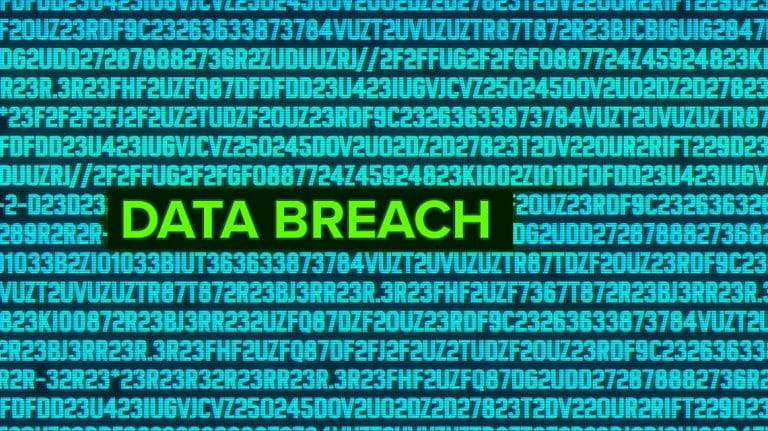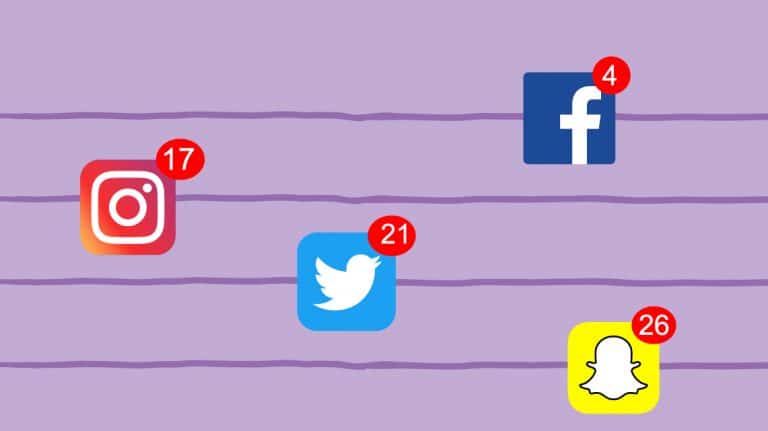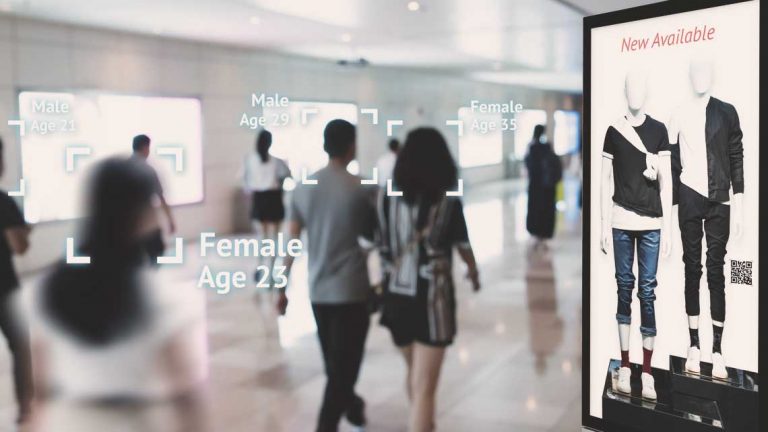Doxxing
Doxxing (sometimes spelt ‘doxing’) is a type of online harassment where people share personal or identifying information about someone online without their consent. This could include a person’s full legal name, address, place of work, phone number or contact details for family members. In many cases, people will dox a person using information they find…
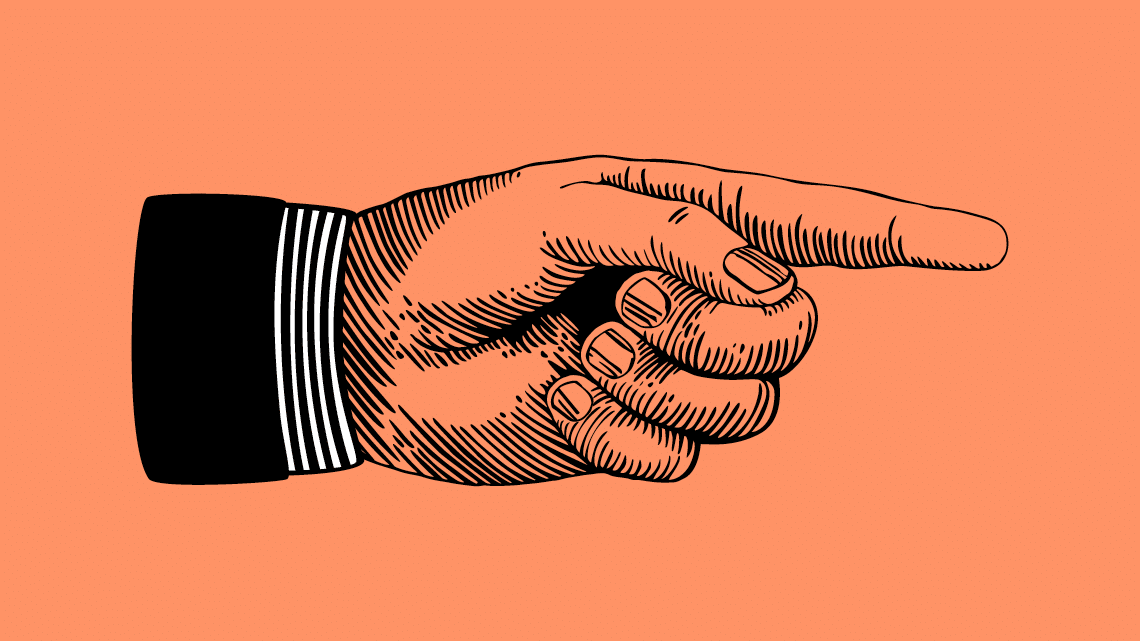
Doxxing (sometimes spelt ‘doxing’) is a type of online harassment where people share personal or identifying information about someone online without their consent. This could include a person’s full legal name, address, place of work, phone number or contact details for family members.
In many cases, people will dox a person using information they find available online. In other cases, people may access your private information by hacking into your account or guessing your password.
We’ve put together some advice about what to do if you’ve been doxxed as well as some information about what you can do to keep yourself safe from doxxing.
What to do if you’ve been doxxed:
1. Report the post and account to the platform:
If the content has been posted on a website with reporting functionality you should report the post, and if possible also report the account of the person who posted it.
2. Secure your social media and other online accounts:
Review your social media profiles and other online accounts and ensure you have everything set to private. Review who can contact you and consider changing your settings so that you can only be reached by people who are your friends. If you are concerned about being tracked on social media consider changing the name on your social media profiles.
3. Let friends and family know what happened:
It’s common for people to target family and friends in order to further intimidate or harass a doxxing victim. Let people know what is happening and ask them to check that their social media and other online profiles are set to private.
4. If you know who did it, ask them to take it down:
If you know who is doing the doxxing and it’s safe to do so, consider reaching out to the person and asking them to take the posts down. In some cases you may have a mutual friend who knows the person doing the doxxing, if this is the case think about asking your friend to get in touch with the person for you and asking them to stop.
5. Contact Netsafe for help:
Netsafe can offer help and advice to keep you safe online and stop harassment. Our service is available seven days a week:
Text ‘Netsafe’ to 4282
Report online: www.netsafe.org.nz/report
Freephone: 0508 NETSAFE (0508 638 723)
Email: [email protected]
6. In some circumstances, call the Police:
If people are making threats against you or if you feel like you may be in danger you should contact the Police. If you have had nude images shared without your consent online you should also contact the Police for help.
How to protect yourself from being doxxed:
1. Be cautious of what you share online:
In most cases people who are looking to ‘dox’ a person will do so by searching for information that is listed online somewhere. Think carefully before sharing any personal details or information on a public profile or website as someone could try and use this information against you.
2. Do a web search on yourself:
It’s a good idea to do a web search for your name and other personal details online to see what is publicly available – you may be surprised by what you find. Consider removing anything that could be used to identify you as well as any personal information.
3. Use strong passwords:
One of the ways people sometimes access personal information in order to dox someone is by guessing passwords to online accounts. Make sure you use a different password for each of your online accounts and ensure they are strong by following our ‘Choosing a Strong Password’ advice. Also, make sure you’ve got two-factor authentication set up on your online accounts for extra protection.
4. Report abuse before things get out of hand
In some cases, doxxing can happen after people have had a disagreement online. Remember, someone doxxing you is never ok – but to keep yourself safe it’s sometimes best to use the ‘report’ and ‘block’ functionality to report abusive content rather than continuing an argument online.
CONTACT NETSAFE
Need help or advice? Contact us.
- Text ‘Netsafe’ to 4282
- Email [email protected]
- Call us toll free on 0508 NETSAFE (0508 638 723)
- Online report form
Our helpline is open from 8am – 8pm Monday to Friday and 9am – 5pm on weekends.
